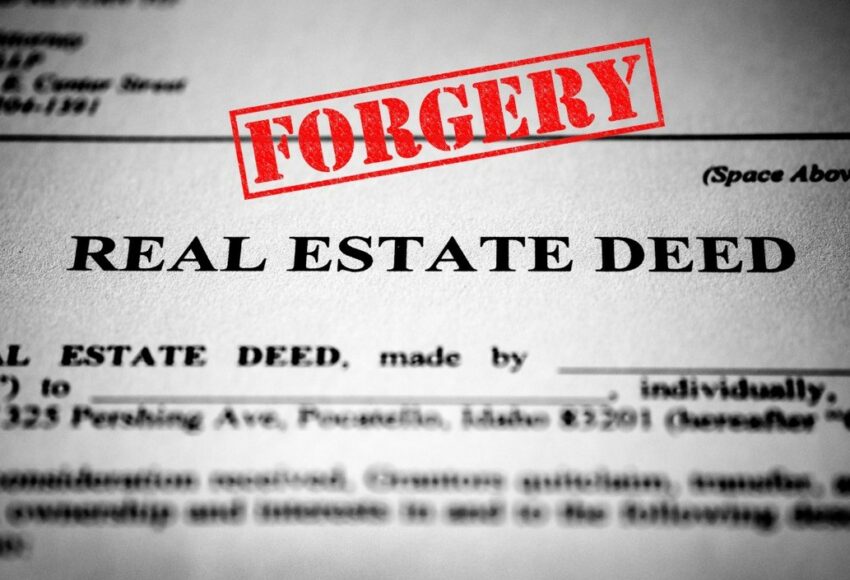Licensed real estate agents have a professional duty to disclose material facts about properties for sale. They must also represent their clients; either the buyers or sellers (sometimes both) to the best of their abilities by adhering to established fiduciary duty standards. Situations become more complex when real estate brokerages hire newly licensed agents for the sole purpose of selling their own properties; this situation can put the real estate brokerage and its assets at risk of significant litigation expenses.
The Claim
In September 2020, a buyer entered into a contract to purchase a home in Maryland. The listing agent for the property was also the property’s owner/seller and worked for a prominent real estate broker in the area. The sale closed in October 2020. Within 24 hours of closing, the buyer began to notice signs of water intrusion from the home’s deck and gutter system and certain structural defects, including:
- Water damage and deterioration of interior ceilings.
- Water damage and deterioration of floors and doors.
- Damage to the home’s electrical system due to water intrusion.
- Growth of black mold due to moisture penetration.
- Bubbling drywall on interior surfaces.
These home defects were not new to the house. The home had previously been on the market in 2018. At that time, the owner/seller of the property was not a licensed agent; upon inspection of the home by a potential buyer, water damage was noted and pointed out to the owner and to the listing agent on record. The home was withdrawn from the market, although certain structural improvements were made to the home to repair water damage. The home was put back on the market in 2020 but this time the seller of the property became his own listing agent once he completed his real estate license.
The 2020 buyer claims that the agent – the property owner, seller, and listing agent – knew about the structural deficiencies in the home and did not disclose them at any point during the transaction. Under Maryland real estate law, agents owe a fiduciary duty, particularly in disclosing material defects and deficiencies related to the properties they are selling.
The buyer of the home filed a notification to mediate the damage to the home, but the seller/listing agent refused to sign the mediation agreement. The buyer then filed a legal claim against the agent and brokerage seeking $375,000 to cover the costs associated with value loss, pain and suffering, repair/remediation of damage, and assorted legal expenses.
What Went Wrong
In 2018, the owner of the home was not yet a licensed real estate agent when he attempted to sell the property with the help of a listing agent. After the home was withdrawn from the market, extensive construction and structural improvements were made to repair water damage noted in an inspection initiated by a potential buyer.
When the home reentered the market in 2020, the owner/seller had just obtained his real estate license. This changed the complexion of the transaction, as a newly licensed agent the seller had a professional care and fiduciary duty to disclose any defects.
Interested in PBI Group generating an E&O insurance quote for your real estate agency? Click here.






